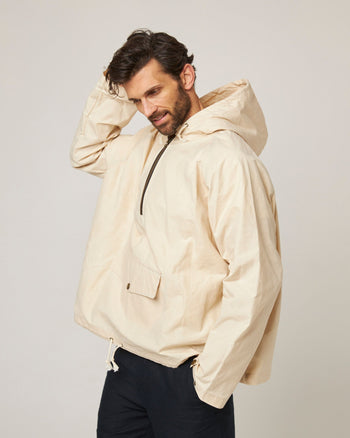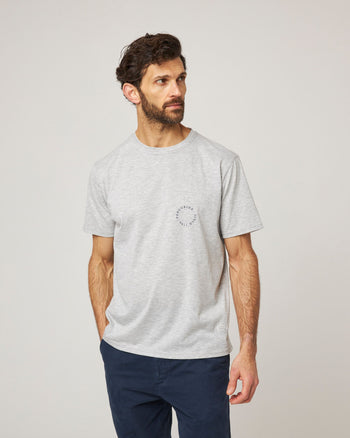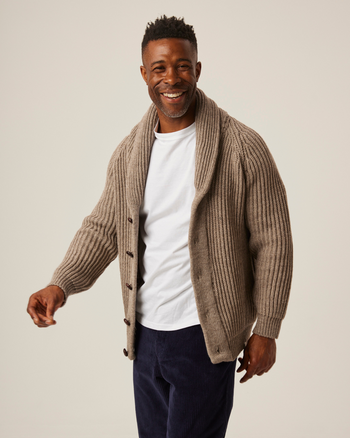
Women Who Roast


Women Who Roast – an interview with ash, head of coffee at our local roasting success story Extract Coffee
What is your favourite coffee to start the day on?
I like a filter coffee first thing, something with punch and a fruit note. Right now either the Colombian Veracruz or Mutungati AB from Kenya.
How and when do you best like it served?
First thing is usually a V60 and I always wait until I get to work where the water is filtered, and the grinder is better than the one at home!
A good coffee means different things to different people and can carry the weight of a billion emotive connotations. What does it mean to you?
A good coffee for me is always out. I like someone else to make and serve it. I can fall into the trap of getting overly analytical about coffee at work. So on a day off, at a great cafe, you can’t beat a coffee you didn’t make yourself!

We read that extract is a family business and began in a garden in bristol – can you tell us what catalyzed the company into existence?
The company began as a coffee cart, and the coffee was roasted in a garage in fishponds (Bristol)! Dreams were to create a roastery/cafe, inspired by New Zealand coffee culture, serving and selling exceptional and accessible coffee. As business progressed, the roasting and machine restoration ultimately became our focus to make the business what it is today.
What is your sourcing procedure for the beans and where do you travel to source them?
Our sourcing procedure has always been to receive green (raw) coffee samples, test roast them ourselves and select coffees to be imported for us. However, recently we have begun travelling to the farms directly, tasting coffees at point of origin, and building long-term relationships with those farmers. We now regularly travel to Peru and Colombia, and have visited El Salvador, Panama & Kenya too.
There are a lot of new independent roasters on the scene in the uk at the moment, what does it take to become an esteemed roaster and gain the respect of the industry?
Find your niche. Find out what you do that makes you better. For us that is not just great coffee, its taking vintage roasters and rebuilding them ourselves. We also offer barista training, machine supply, support and engineering. All these things ultimately help make the coffee better.
(building community around coffee, customer relationships)
Can you give an overview of what makes your coffee ethically responsible?
Building long standing relationships with our farms ensures stable income for farmers, workers and their families. It has also lead us to working on new projects, for example at Marianela in Colombia they are now naturally processing some smaller lots for us, for which we pay a premium for the more unusual flavour profiles and the inherent risks of this method of processing.

You have quite a few women on board in your team (at least compared to industry statistics). One could assume that the culture and work environment surrounding coffee has, in the past, been a bit of a ‘boys club’(in roasting). Is this already changing and do you think you will continue to see more women working with coffee at production level?
Yes. We are currently a 30% female workforce, although only two of us work in the production team. I think because it is a fairly intense manual job it isn’t a job that women naturally gravitate to. Though this is changing, and so it should. Unfortunately, like many industries, there are many women involved in lower paid parts of the sector. Many women work as cherry pickers and at sorting mills, particularly in East Africa. And closer to home, you also find more women working in cafes than you do in management or further up the supply chain. We are working to improve visibility of women in our business in a hope to help change perceptions. And maybe one day we will see full equality across the industry.
A lot of the equipment you roast on has been stripped down, built back up, re-assembled and modified…would you describe your coffee roasters as extract’s vintage heirlooms or your roasters of the future?
I want to say both! We have heavily modified many of our roasters, and yet they still retain the old fashioned parts that made them great. We think it is important to upcycle and restore what is available to us, and this was even truer when we were a very small start up, and still encompasses our style and ethos now. We are extremely happy with the approach we take to roasting. It is still very much a hands on process here, and all of our tweaks and developments are decided on the cupping table – where we’re meticulously test and taste each batch to insure the best possible product goes out the door.
I imagine that you travel a fair bit when sourcing the best beans for your brew, what is your favourite place to travel to?
So far I have only been to Colombia – so that’s definitely my favourite – and it was really great! As head of coffee – don’t tend to leave the roastery
What are you looking forward to the most over the next year?
London site? Building our community. Callum competing UKBC.








